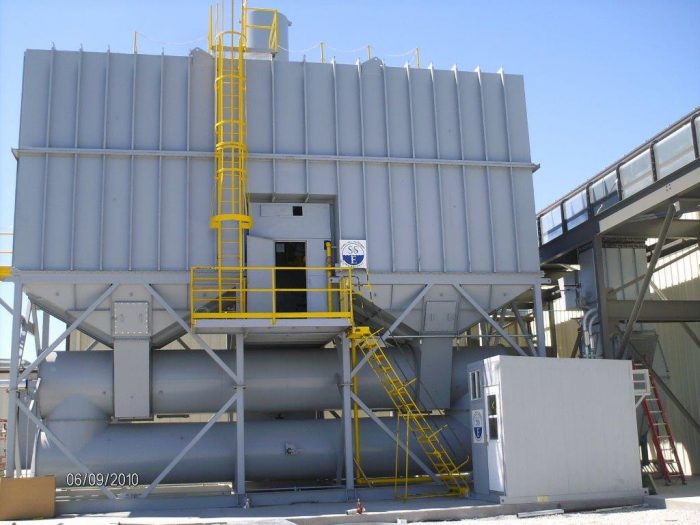RTO’s for the Agriculture Machinery
The manufacturing of agricultural machinery can produce volatile organic compounds (VOCs) that may require abatement. VOCs are emitted during the manufacturing process of various components used in agricultural machinery, such as coatings, adhesives, and solvents. These compounds can contribute to the formation of ground-level ozone and have negative impacts on human health and the environment.
To reduce the emissions of VOCs during manufacturing, many companies have implemented various strategies, such as using low-VOC coatings, improving ventilation systems, and implementing efficient production processes. Some companies also use abatement technologies, such as regenerative thermal oxidizers, to capture and destroy VOCs emitted during the manufacturing process.
Overall, the specific VOCs emitted and the level of abatement required will depend on the manufacturing processes used and the types of agricultural machinery being produced. However, it is important for manufacturers to be aware of the potential impact of their operations on the environment and to take steps to minimize their emissions of VOCs.


